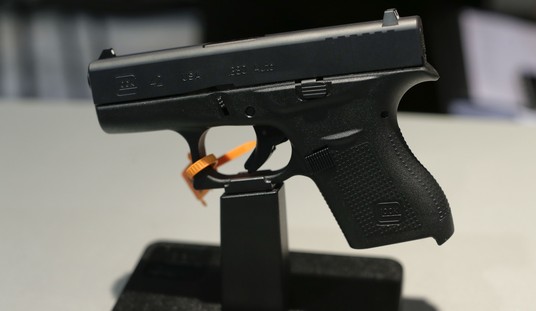No matter how you slice it, Jasmine Thar’s death is a tragedy. I’m just not so sure I buy the official explanation of what went wrong.
The family of a Charlotte teenager who died from an alleged misfire from one of the country’s most popular rifles joined a nationwide list of lawsuits Monday against the North Carolina producer of the gun.
“We are seeking punitive damages in a major way,” said Willie Gary, the family’s Florida-based attorney, as relatives of Jasmine Thar hugged and sobbed nearby.
“This is a bad rifle. It needs to be off the market. Remington is making millions and billions of dollars on a rifle that clearly malfunctions and misfires.”
Jasmine died Dec. 23, 2011, near Whiteville, in Columbus County, 140 miles east of Charlotte. The 16-year-old Ardrey Kell student was walking to a car to join family and friends on a Christmas shopping trip to Myrtle Beach when she was hit by a single bullet from a bolt-action Remington .308 Model 700 rifle. Two other people also were wounded by the same round.
Across the street, James Anthony Blackwell was cleaning the gun he had recently received from a friend. He told authorities he never touched the trigger. Investigations by the FBI and the state showed that he had not intentionally fired the rifle.
Let’s set aside my personal disgust for the lawyer’s obvious desire to cash in on the tragedy of Thar’s death, and look at the claim of how the firearm discharged. I find it very difficult to believe Blackwell’s claim that he was cleaning the gun and it “just went off” as the suit alleges.
The very first step in cleaning most bolt-action firearms (including the 700) is opening to bolt to verify that the chamber is empty. The second step is to remove the bolt. Both of these preliminary steps ensure that no cartridges are in the firearm, and that the gun cannot fire. The most logical explanation is that Blackwell himself pulled the trigger, unless the SBI and FBI can prove conclusively that the trigger mechanism (specifically the connector) was designed poorly or damaged.
Remington has been hammered for years over allegations that the Walker trigger is defective, but to the best of my knowledge, the design itself has never been shown to be at fault unless it has been tampered with by amateur gunsmiths, or the firearm has not been properly maintained, with rust being a culprit.
If Blackwell didn’t pull the trigger then the firearm was either was defective in design, had been tampered with, or the gun had been poorly maintained. I suspect that with more than five million Walker triggers in existence and a relatively small number of claims that the latter two explanations are more likely than design defects.








Join the conversation as a VIP Member